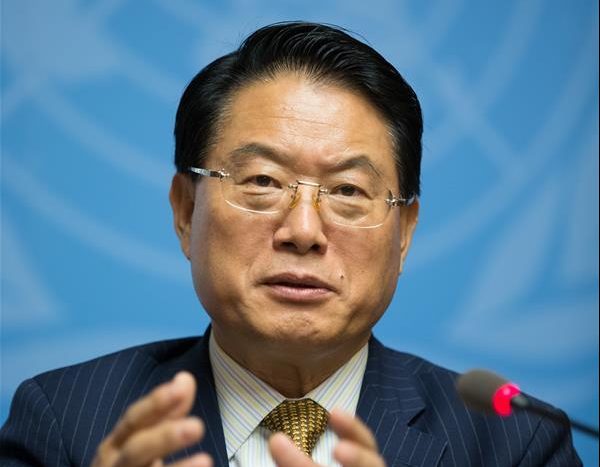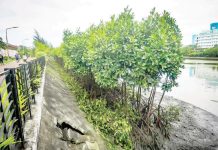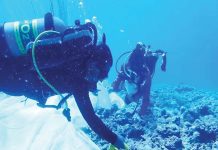
MANILA – A top official of the United Nations Industrial Development Organization (UNIDO) went to a state-of-the-art facility in Bataan province where the country’s stockpile of toxic industrial chemicals called polychlorinated biphenyls (PCBs) is being destroyed.
UNIDO director general Li Yong visited the non-combustion (NonCom) destruction facility for persistent organic pollutants (POPs) – like PCBs – last weekend.
Department of Environment and Natural Resources (DENR) undersecretary for attached agencies Sherwin Rigor accompanied Li during the visit.
The facility is located inside the petrochemical plant of the Philippine National Oil Company-Alternative Fuels Corp. in Mariveles town.
It is operated by the Natural Resources Development Corp., the DENR’s corporate arm.
Li congratulated the Philippines for having the NonCom POP facility, which he said was “one of the examples of best practices in environmental protection.”
The NonCom POPs is a UN-assisted project that aims to assist the country in eliminating its stockpile of POPs, which are chemicals targeted for global elimination under the Stockholm Convention, a global treaty for human and environment protection.
The project involves the deployment and operation of a commercially available, safe and proven non-combustion technology for managing PCBs.
PCBs are largely found in old electric transformers. These are brought to the facility through a transporter accredited by the Environmental Management Bureau (EMB), which is in charge of the overall project management.
“What UNIDO is doing is really to support the people in this country and support the government to move ahead with environmental strategies,” Li said. “I am happy that we have done something, not that great, but meaningful to this country and its people.”
EMB Region 3 director Lormelyn Claudio, for her part, vowed that her office – together with local government units and other stakeholders – will closely monitor the operations of the facility.
“Baseline monitoring is conducted on the facility to ensure that its operation has no adverse effect on the environment, particularly on the ground water, soil and air,” Claudio said.
The project gained the support of the community, the civil society and nongovernment organizations, such as the EcoWaste Coalition. (With a report from DENR/PN)






